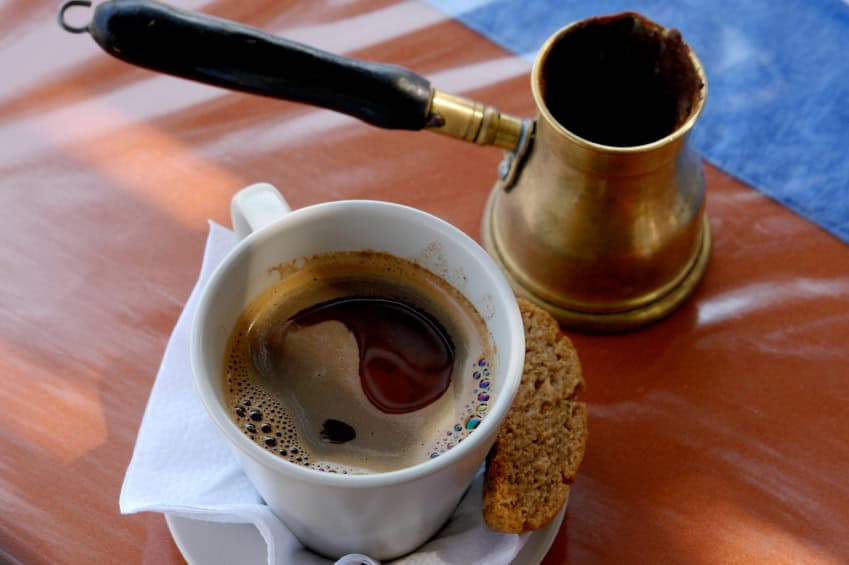A cuisine is a major part of Greek culture, and Greek food in Sydney and around the globe is intricately tied to family and community. In a country with a long history of tradition, it’s not surprising that food is sometimes part and parcel of cultural practice – and that there are some traditions that make more sense than others! Here are a few titbits about Greek food and culture that you might like to know.
Café gossip
In Greece, traditional cafes, called kafenions, are a popular destination for groups of men – but not so much for women. Male friends and family members will drop in to eat, drink and share the news and local gossip. Women traditionally rarely visit these establishments. And if you see those same men counting prayer beads, they may not actually be praying. Beads such as these are often carried not for religious purposes, but to keep the hands busy and pass the time.
Eating with others
Greek food is meant to be shared. It’s all about family and friends, whether it’s prepared and eaten at home, or in a Greek restaurant. Travelling alone? Don’t be too quick to judge the service. In some areas, it is still the case that locals will never eat at a restaurant alone, and it’s such a scarcity that some waiters will never approach a lone diner. They will simply assume the rest of the party is on the way! And if you are invited to dinner by a Greek, don’t offer to split the bill. Offering money when you’re the guest may be seen as an insult.
Lasting flavours
Greeks know a good thing when they find it. Just like traditions, some foods date back to ancient times. Dolmades for instance are one tasty treat that have been eaten for hundreds of years. There’s also a long tradition of incorporating food into festive and cultural occasions. While the Greek diet in general favours lighter flavours with lots of fresh fruit, vegetables and seafood, at ceremonial occasions such as Easter, Christmas, weddings and birthdays, family and friends will gather and devour freshly baked breads, cakes and sweet treats.
Plate smashing
Interestingly, one of the best-known Greek cultural traditions associated with food is actually performed in Greece only relatively rarely. Up until a few decades ago, plate smashing was common not just in Greece, but at Greek weddings and in traditional Greek restaurants around the globe. While it may be performed on occasion today, it’s certainly nowhere near as prevalent as popular culture would make out. So where did it come from – and why? It’s believed the practice dates back to ancient times, and was to do with plates being ‘killed’ during ceremonies to commemorate the deceased. There are also suggestions that it was popular with wealthy families during family celebrations to demonstrate their wealth. Who needs to wash when you can simply smash and buy again! Needless to say, this would be an expensive tradition for restaurants and families to maintain in modern times!
Greek traditions to celebrate
While there are some cultural mores that thankfully you won’t find at our Greek restaurant in Sydney (we happily serve lone diners and we try not to smash the crockery!), the traditional tastes of Greece are alive and well here. Greek food is fresh, wholesome and utterly delicious. Our bar and dinner menus feature both traditional treats and contemporary updates, lovingly prepared with the freshest and finest local produce. Whether you’re looking to celebrate a wedding, birthday or just a night out at beautiful Darling Harbour, we’d love to welcome you and introduce you to our delectable Greek cuisine.
